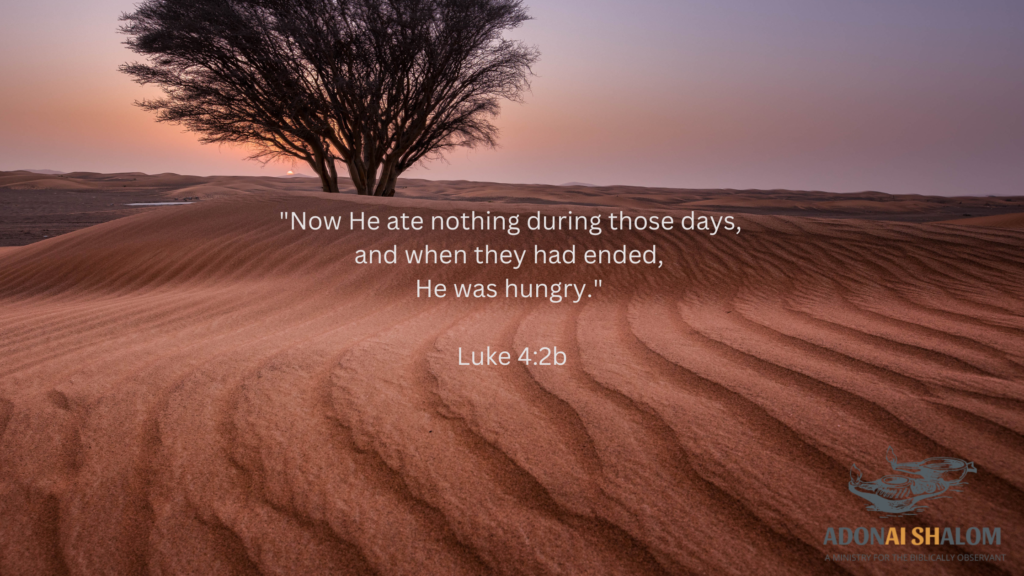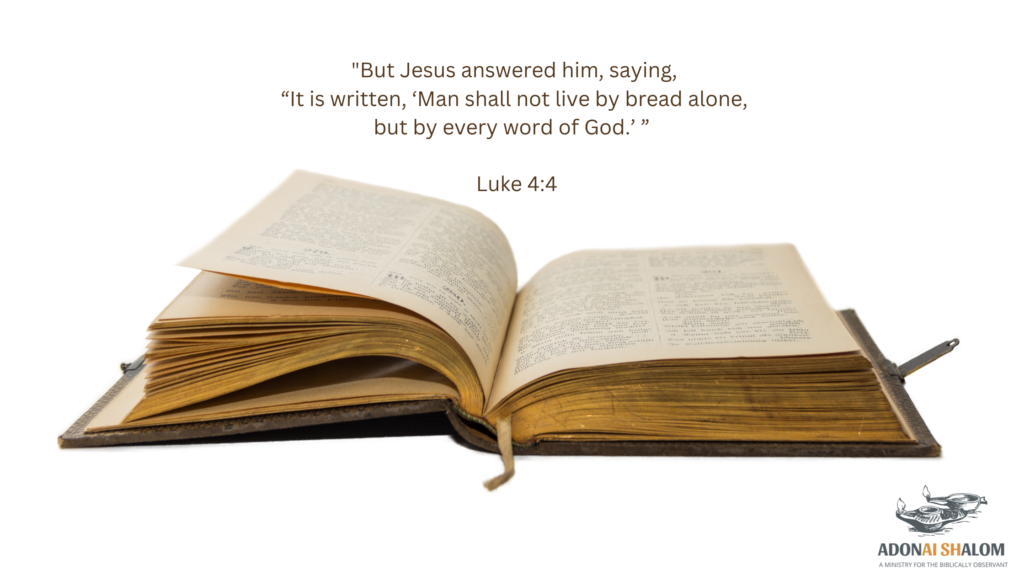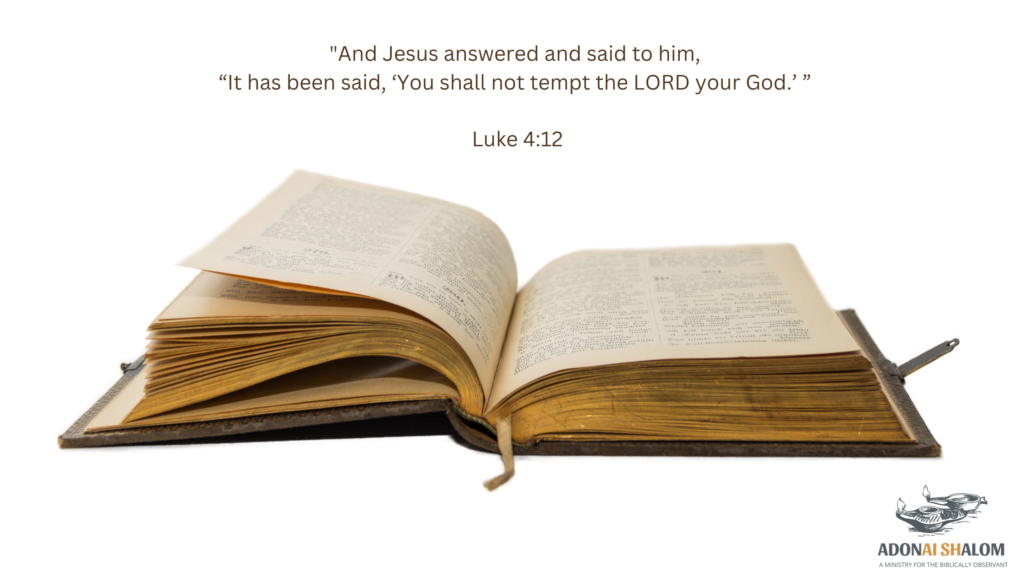Review: NKJV Thompson Chain-Reference Bible
I am a member of the Bible Gateway Blogger Grid (BG2). As a #BibleGatewayPartner, I have received a copy of the NKJV Thompson Chain-Reference Bible published by Zondervan Bibles at no cost to me in exchange for an honest review here on the Adonai Shalom USA blog. #BG2
A few months ago, I had the opportunity to review the KJV (King James Version) Thompson Chain-Reference Bible that had been newly published. Now, I will review the NKJV (New King James Version) Thompson Chain-Reference Bible that is part of the same collection.
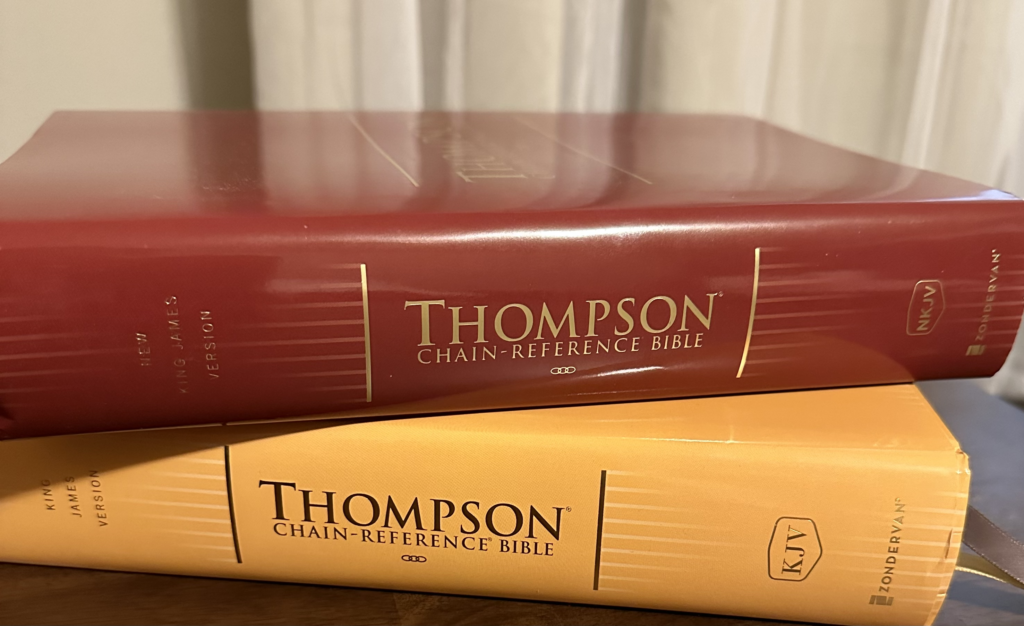
NKJV Thompson Chain-Reference Bible Book Review & Description
The Thompson Chain-Reference Bible is available in several translations including the King James Version (KJV) [as mentioned above], New King James Version (NKJV), New International Version (NIV), New American Standard Bible (NASB), and English Standard Version (ESV). Additionally, if you are involved with a Spanish-speaking ministry or are looking for a Spanish translation, Zondervan has made the Thompson Chain-Reference Bible available in the Reina Valera (RV60) and Reina Valera Revisada (RVR).
This publication of the Thompson Chain-Reference Bible has been done with utmost quality. The King James Version (KJV) and New King James Version (NKJV) hardcover editions feature a glossy book jacket with metallic embossed lettering. The hardcover NKJV Thompson Chain-Reference Bible features a beautiful crimson red cover and comes integrated with red and golden-yellow satin bookmarks as well as full-color maps at the end of the book. The font print size is very readable at 9.5.

The Chain-Reference System
FaithGateway provides an explanatory video on their website that helps familiarize anyone who may not be accustomed to the Thompson chain-reference system used in this Bible. This helpful video is also available on YouTube:
The triangles indicate the beginning of a “chain” of references which is assigned to a “topic number.” Following that number, there is a Scriptural reference that points the reader to the next occurrence of that topic in Scripture. Continuing the chain will lead the reader to an end point, indicated by a square.
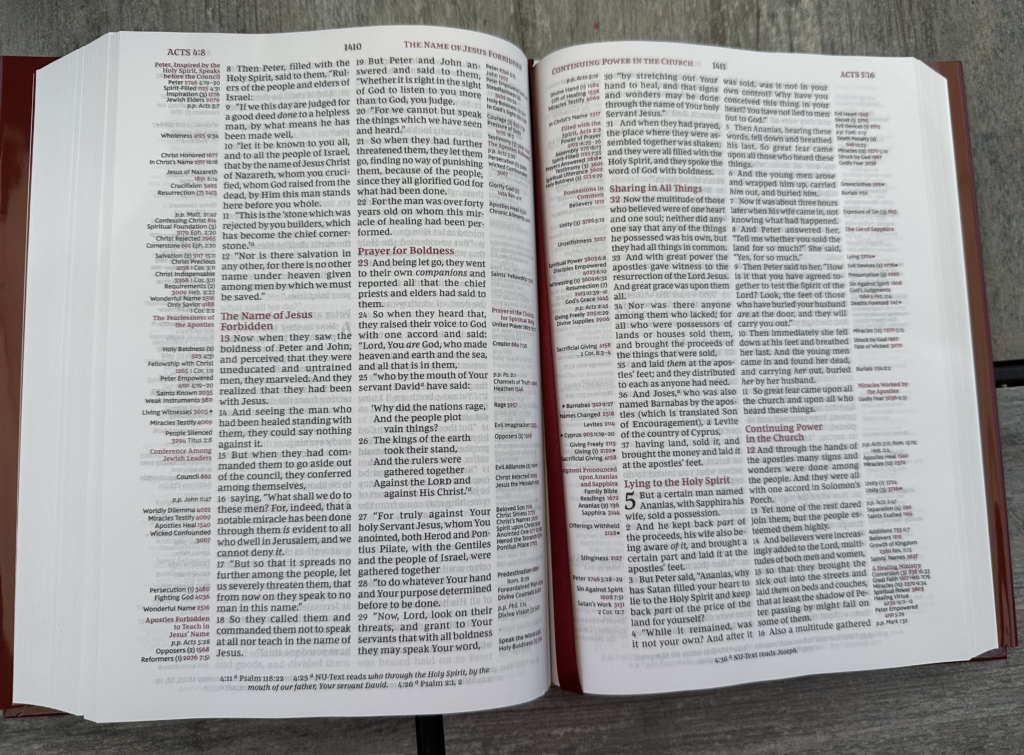
This system was developed by Dr.Frank Charles Thompson who began working on the chain-references in 1890. Some of them were incomplete, so Bible scholars have put in much time and effort to ensure the completeness of this work; the fruit of their labor now published as this newer edition NKJV Thompson Chain-Reference Bible.
Of note on page 1635, “Principles of Bible Study” are provided in Thompson’s own words. It really provides a wonderful context to understand his personal reasoning and conviction in compiling such detailed references.
This Bible is intended to help serious students of the Scriptures engage in topical Bible study and even sermon preparation. Besides full color maps, the final section of this Bible provides an alphabetical index, numerical index, character studies, illustrated outlines, evangelical resources, memorization suggestions, concordance, and map index.
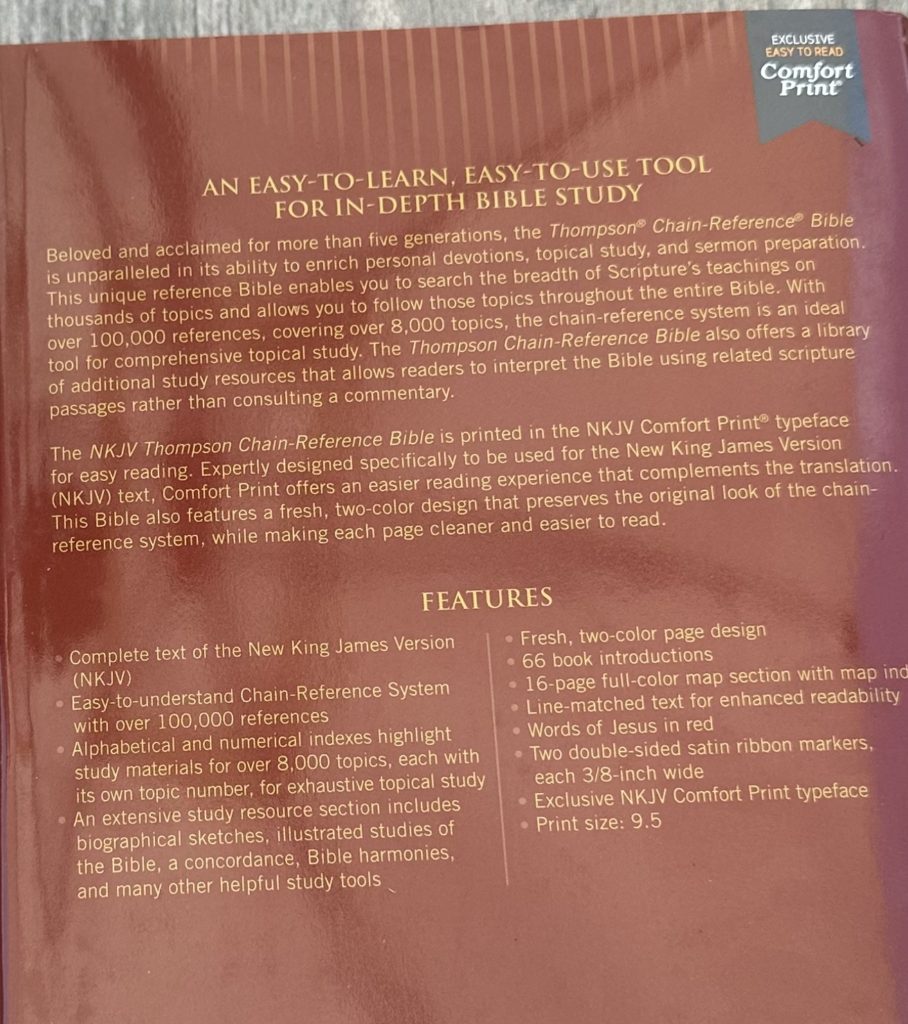
My recommendation:
★★★★★
Rating: 5 out of 5.
The NKJV Thompson Chain-Reference Bible definitely earns a 5 out of 5.
This is a high-quality study resource that will benefit anyone who loves the Word of God. It would make an excellent gift for anyone, whether a teenager, mother, father, seminarian, seasoned pastor, or even a retired professor!
As Dr.Thompson wrote: “Study the Word as a miner digs for gold or as a diver plunges into the depths of the sea for pearls. Most great truths do not lie on the surface; they must be brought up into the light by patient toil.” (NKJV Thompson Chain-Reference Bible, p. 1635).
This is a Bible edition worth treasuring.
Pastora Jennifer Mieliulis Fuentes, M.Div., Duke University
Book details
Title: NKJV Thompson Chain-Reference Bible
Author: Dr. Frank Charles Thompson
Publisher: Zondervan
Release Date: 4/11/2023
Genre: BIBLES/New King James Version/Reference
ISBN-13: 978-0-310-45940-8
PURCHASE LINKS: Amazon | FaithGateway Store
#BibleGatewayPartner
